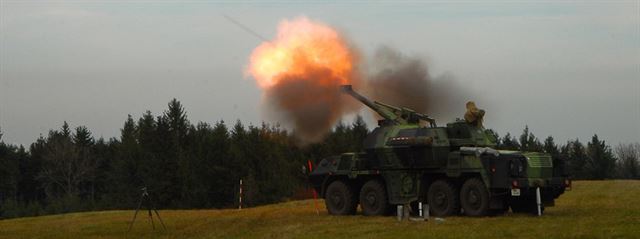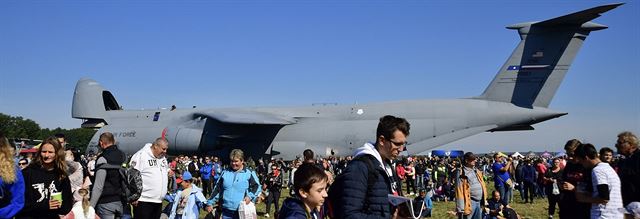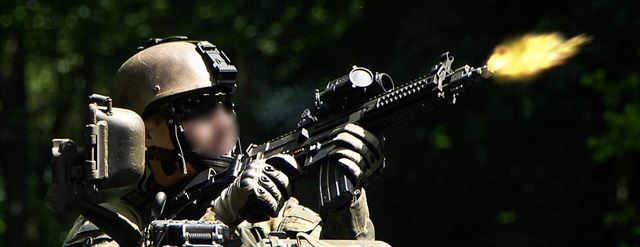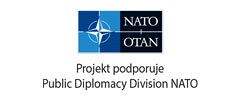NATO’s Germany problem
Mathew Karnitsching
7.8. 2016, Politico (Belgium)
When NATO’s faithful gather to discuss the Alliance’s latest challenge, a flurry of adjectives fills the air — mercurial, unpredictable, self-righteous. The object of the frustration isn’t the bloc’s longtime nemesis to the east, however. It’s Germany. As many Alliance members become increasingly nervous over Russia’s incursions into neighboring territories and demand a harsher tone with Moscow, powerful voices in Berlin have pushed in the opposite direction.
---
NATO se stává posledním pojítkem Západu. Summit v Polsku může být nejdůležitější od studené války
Martin Ehl
7.7. 2016, Hospodářské noviny (Česká republika)
Žádný předchozí summit nemusel reagovat na tolik najednou se dějících složitých problémů, jako je ruská hrozba, příliv uprchlíků do Evropy, růst islámského terorismu a nejnověji odchod Velké Británie z Evropské unie a růst nacionalismu a populismu v Evropě i v USA. Aliance se ukazuje jako poslední a zatím fungující pojítko celé západní − transatlantické − civilizace. A to, jak bude spolupracovat a zda bude považována za úspěšnou, se může ukázat pro Západ životně důležité.
---
NATO Can Reduce the Threat of Escalation With Russia
Leonid Bershidsky
7.7. 2016, Bloomberg (USA)
The North Atlantic Treaty Organization summit starting in Warsaw on Friday will probably lead to increased -- and unnecessary -- tension between NATO and Russia. Yet it may also yield good results: Acknowledging the increased hostility might make it possible for the two sides to ensure there are fewer dangerous incidents.
---
Emerging security challenges in NATO’s south: How can the alliance respond?
Sorin Ducaru
8.7. 2016, Hürriyet Daily News (Turkey)
Sending a credible signal of determination and reassurance to those allies that are geographically most exposed, whether they are located in the east or south, conveys an important message. The fact that more and more allies are increasing their defense budgets says more about NATO’s credibility in this regard than any communique ever could.
---
Estonia needs NATO’s help against Russia
Marina Kaljurand
7.7. 2016, The Washington Post (USA)
When NATO leaders meet in Warsaw on Friday, little will have changed since the 2014 summit in Wales to offer the hope of better relations with Russia. There is no sign that Russia will honor its international obligations or acknowledge its military role in Ukraine; in fact, the opposite is true. NATO must meet this challenge with resolve, strength and presence.
---
Česká alianční politika mezi summitem NATO ve Walesu a ve Varšavě
Jakub Kufčák
Červen 2016, Asociace pro mezinárodní otázky (Česká republika)
Ve Varšavě musí NATO pokračovat v adaptaci na změněné bezpečnostní prostředí a navázat tak na výsledky summitu ve Walesu z roku 2014. Leitmotivem zůstává důvěryhodná odpověď Aliance na avanturistickou politiku Ruska, která popřela základní pravidla evropské bezpečnostní architektury (nejprve vůči Gruzii a nyní proti Ukrajině). Směrem na jih současně NATO ve velké části arabského světa čelí krizi uspořádání státu, což je problematika nalézající se na pomezí zahraniční, rozvojové a bezpečnostní politiky (mimo jiné migrační a uprchlická krize).
---
NATO Warsaw Summit: Symbolic And Critical
Hasan Selim Özertem
4.7. 2016, Eurasia Review (USA)
From the establishment of NATO in 1949 to the Wales Summit in 2014, 26 summits have been taken place. The Warsaw summit, which will take place on 8-9 July 2016, will go down as the 27th summit. That summit will have a historical symbolic significance; Warsaw is the city which gave its name to the pact which established by the Soviet Union against NATO during the Cold War. Considering the Warsaw Pact dissolved while NATO has managed to survive until the 21st century, it is very meaningful for NATO to hold its heads of state summit in Warsaw.
---
Why NATO should hold no illusions about Moscow’s intentions
Anders Fogh Rasmussen
3.7. 2016, Newsweek (USA)
Behind the bullying and disruption of pro-Western governments bordering Russia lies a clash of ideas. On the one side are the rule of law, an accountable bureaucracy and democratic elections kept in high regard; on the other you have an unconstrained state that can sacrifice its own citizens to preserve its rulers’ ambition. But the clash is not only taking place in our shared neighborhood. Moscow clearly aims to undermine the liberal international order and Western unity that has served us well since the end of World War II.
---
Is NATO Ready to Improve Its Naval Capabilities?
Sinan Ülgen
30.6. 2016, Carnegie Europe
As a policy response to Russia’s A2/AD tools, NATO should consider improving its naval capabilities. Essentially, the Alliance needs a transformation in its doctrine and operational assets. In 2011, the Alliance adopted its Maritime Strategy, which is based on the four main pillars of deterrence and collective defence, crisis management, cooperative security, and maritime security. ... Following the 2016 Warsaw summit, the overall security situation on the Southern flank will necessitate a renewed Maritime Strategy with a focus on proposed options for countering the A2/AD threat.
 Summit NATO 2024
Summit NATO 2024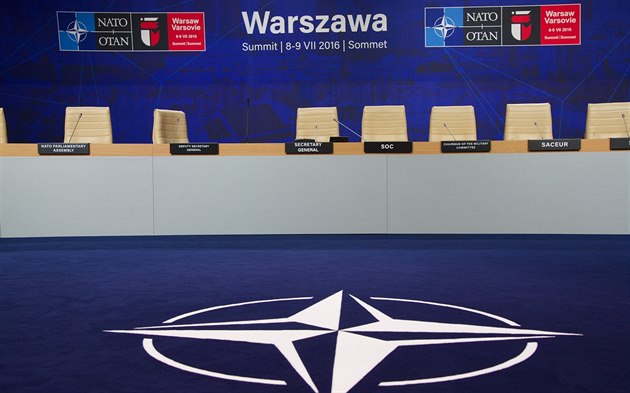
 tisknout
tisknout 